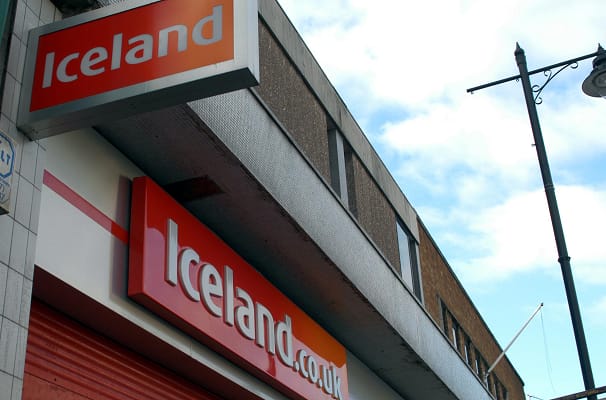
"In the UK, approximately 7 million laying hens endure most of their lives in so-called 'enriched' cages. Scientific research shows that caged systems cause immense suffering for hens, severely restricting their ability to express natural behaviours such as nesting, perching and dust bathing."
"Consumers increasingly demand higher welfare standards with an expectation that retailers take full responsibility for the treatment of animals within their supply chains. A recent poll commissioned by Compassion in World Farming found that 75% of Britons view the use of cages as cruel and 67% would be willing to pay more for cage-free."
"Iceland claims caged eggs are necessary to keep prices low for its customers. Yet, in a clear contradiction, its caged eggs are currently more expensive than Tesco's higher-welfare barn eggs - undermining its affordability argument."
"Once a cage-free commitment is made, it must be honoured with meaningful action. After nearly a decade to act there's simply no excuse for delays."
Iceland has withdrawn its pledge to sell only cage-free shell eggs by 2025, a decision that harms animal welfare in its supply chain. Over 60% of Iceland's eggs still come from caged hens, illustrating a lack of progress compared to competitors. The UK egg industry is now 82% cage-free, with retailers like Tesco and Lidl making advancements. Despite Iceland's claim that caged eggs keep prices low, they are currently pricier than Tesco's barn eggs. Consumers are increasingly demanding higher welfare standards, with a significant majority viewing cages as cruel.
Read at London Business News | Londonlovesbusiness.com
Unable to calculate read time
Collection
[
|
...
]